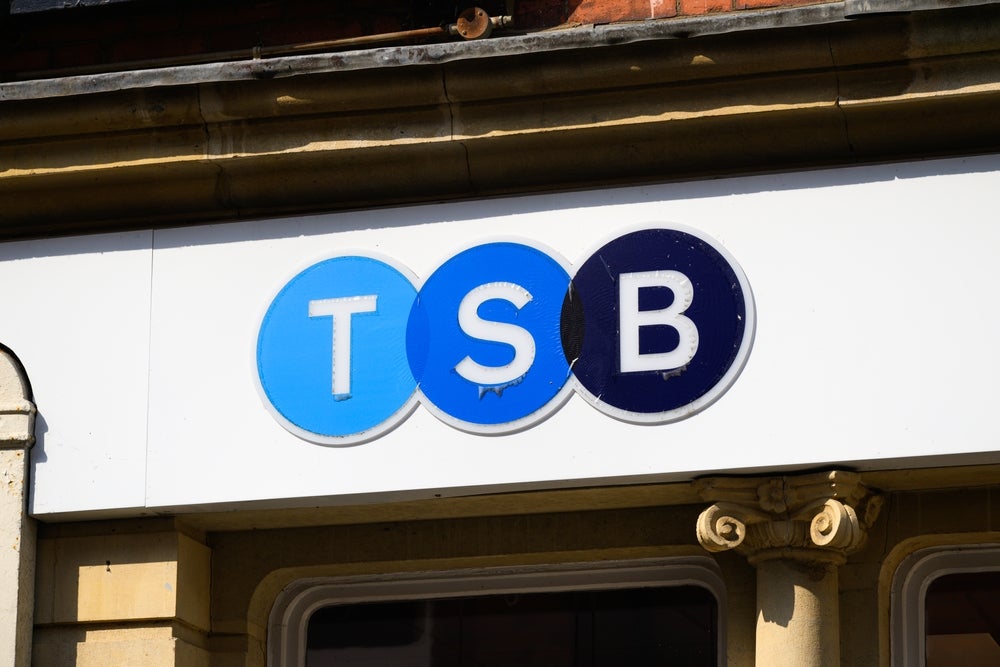
SME food manufacturers now face waits of 55 days for their invoices to be paid, on average, two-thirds longer than the 33 days their larger competitors wait, said the Asset Based Finance Association (ABFA).
Payment delays for the UK’s small and medium food manufacturers (companies with an annual turnover under £25m, or €29.8m) have increased another 4% in the past year, the second year in succession that delays have increased, said ABFA.
It pointed out that while payment delays have worsened for SMEs, they have improved for the largest food manufacturers (those companies with an annual turnover of over £500m). In the past year, payment delays for the largest companies have improved by 6%, falling to 33 days, from 35 days in the previous year.
The ABFA said that without the bargaining power that their larger rivals hold, SME food manufacturers continue to face pressure as a result of supermarket price wars, and that the current situation for SME food manufacturers could be worsened further by Brexit as the fall in the value of sterling raises their import costs.
In addition, the Groceries Code Adjudicator was established in 2013 and covers the 10 largest UK supermarkets and seeks to control practices with a negative impact on suppliers.
Jeff Longhurst, chief executive of the ABFA, said: “Payment delays remain a very real problem for SME food producers, despite government efforts to counter the issue.”
How well do you really know your competitors?
Access the most comprehensive Company Profiles on the market, powered by GlobalData. Save hours of research. Gain competitive edge.

Thank you!
Your download email will arrive shortly
Not ready to buy yet? Download a free sample
We are confident about the unique quality of our Company Profiles. However, we want you to make the most beneficial decision for your business, so we offer a free sample that you can download by submitting the below form
By GlobalData“Larger competitors are often more willing or able to place pressure on suppliers to abide by payment terms, whilst the value which many SMEs place on repeat business holds them back from doing so.”
“Payment delays can present a real threat to these businesses- they place pressure on cashflow and can end up significantly restricting their capacity to expand order books. Even when a business is thriving, it can take just a few unpaid invoices to create a major problem.”







